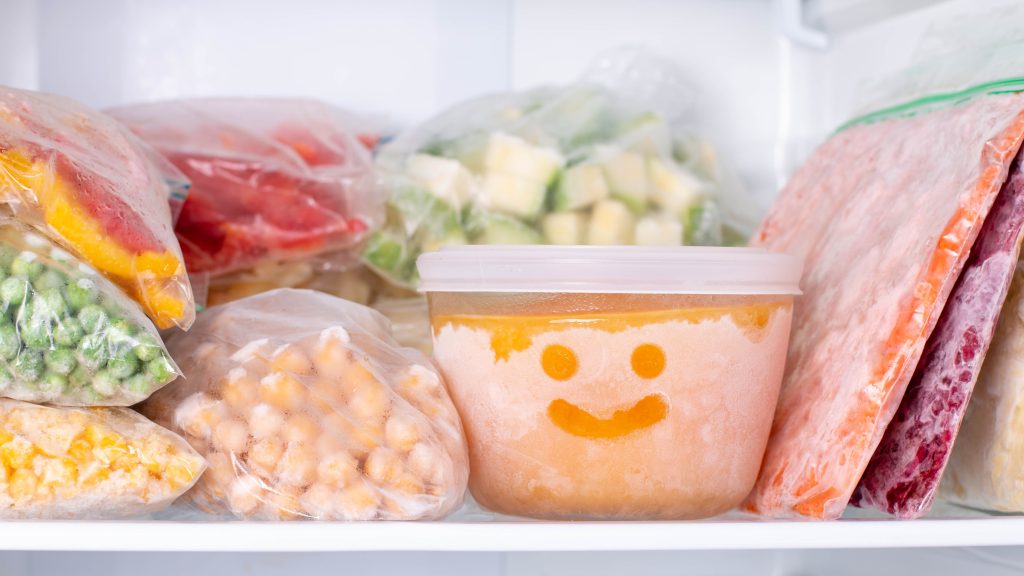Want to fight inflammation while keeping meal prep easy?
Others are reading now
Inflammation can pose a serious threat to your health, especially when it becomes chronic, leading to diseases like heart disease, diabetes, and cancer, according to a study by Obesity Reviews.
But there’s good news—your diet can help!
Adding anti-inflammatory foods, especially veggies, is one of the best ways to keep inflammation in check.
And guess what? Frozen vegetables are just as good as fresh ones, often more convenient, and can help fight inflammation.
Also read
We spoke with dietitians to find out which frozen veggies pack the best anti-inflammatory punch. Here are the top six to stock up on, plus tips for how to use them.
1. Green Beans
Green beans might not get as much attention as kale or spinach, but they’re a great source of inflammation-fighting nutrients. Just one cup of cooked green beans provides over 10% of your daily value of vitamin C, a powerful antioxidant.
They also contain phytonutrients like flavonoids and polyphenols, which help combat oxidative stress and inflammation.
2. Sweet Potatoes
Loaded with vitamins A and C, sweet potatoes are a gut-friendly veggie that supports lower inflammation. The resistant starch in sweet potatoes feeds good gut bacteria, which produces short-chain fatty acids that help reduce inflammation.
Plus, they’re delicious in chili or roasted in salads.
3. Broccoli and Cauliflower Blend
Both broccoli and cauliflower are rich in vitamin C and sulforaphane, a compound known to lower inflammation and oxidative stress. They’re especially helpful for managing chronic conditions like heart disease and diabetes.
Try them in soups or roasted for an easy side dish.
4. Bell Pepper and Onion Blend
This frozen mix is a time-saver, packed with vitamin C and quercetin, both of which are known to fight inflammation. Bell peppers and onions make a powerful combo to protect against chronic illnesses like diabetes and cancer.
Toss them into a sheet-pan dinner for a quick, healthy meal.
5. Leafy Greens
Frozen spinach, kale, and collard greens are great for adding anti-inflammatory polyphenols to your meals. These dark leafy greens also retain their texture and flavor when frozen, making them a convenient option for soups, omelets, or even smoothies.
6. Green Peas
Green peas provide soluble fiber that helps lower gut inflammation. They’re also a great source of plant protein and are perfect as a quick side dish or in salads.
With so many options, they’re a freezer must-have.
Tips for Adding More Veggies to Your Diet:
-
Boost Your Soup: Add frozen veggies to any soup to boost fiber and nutrients.
-
Roast Them: No need to thaw—just roast frozen veggies for a crunchy, flavorful side.
-
Add to Eggs: Fold frozen veggies into scrambled eggs or omelets for a healthy, quick meal.
-
Blend Into Smoothies: Toss frozen veggies like spinach or cauliflower into smoothies for extra nutrients without altering the taste.
With these dietitian-approved frozen veggies, you can fight inflammation and keep your meals easy, delicious, and nutritious!


